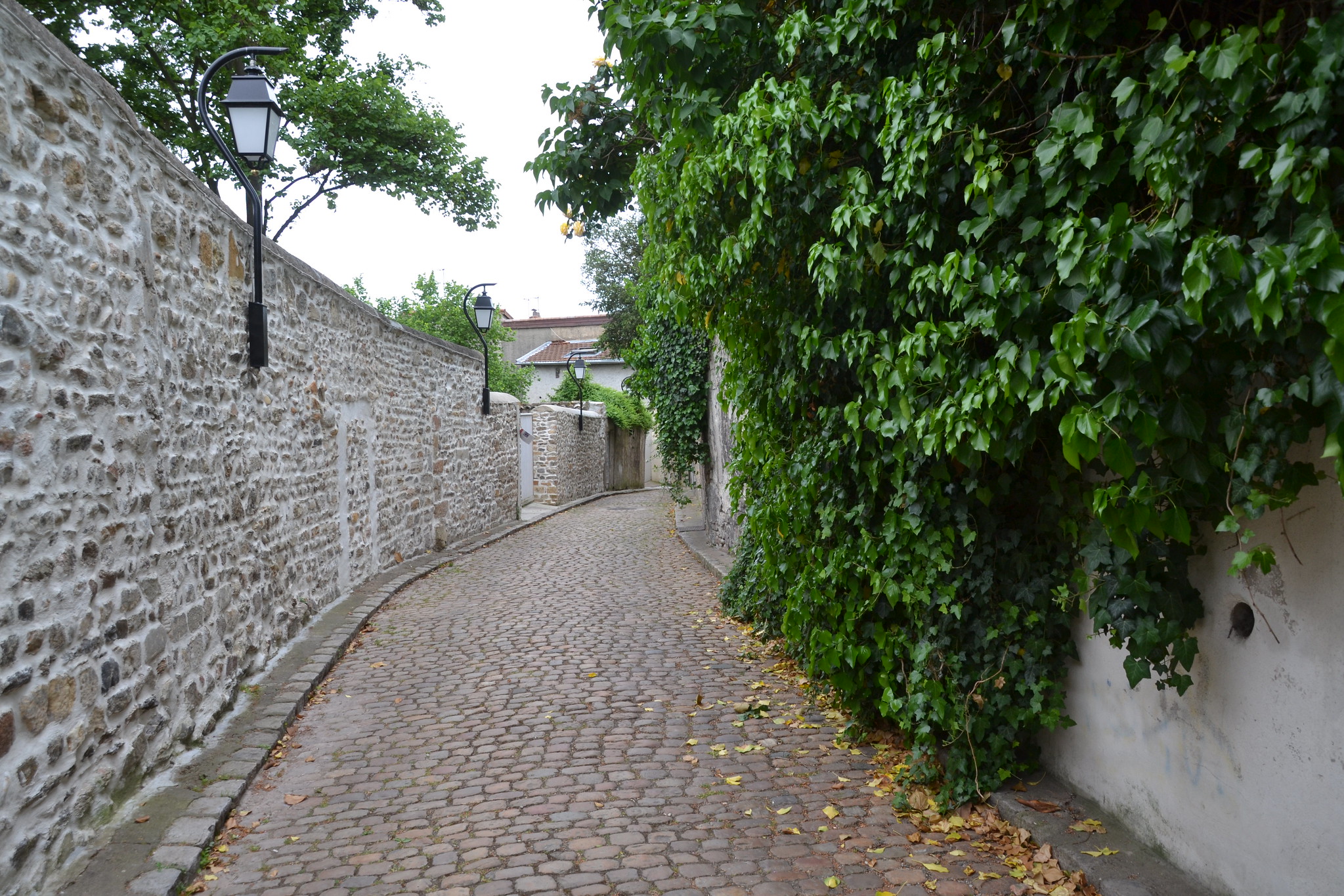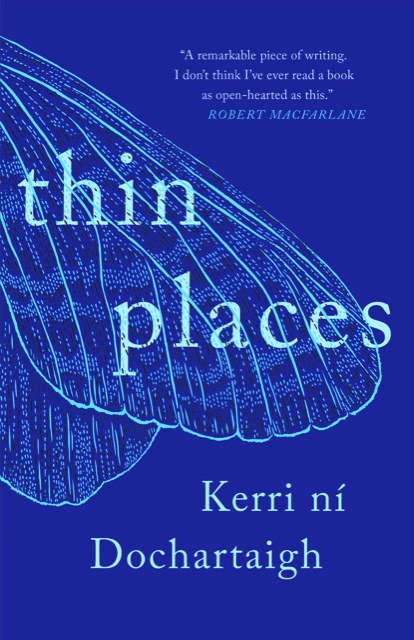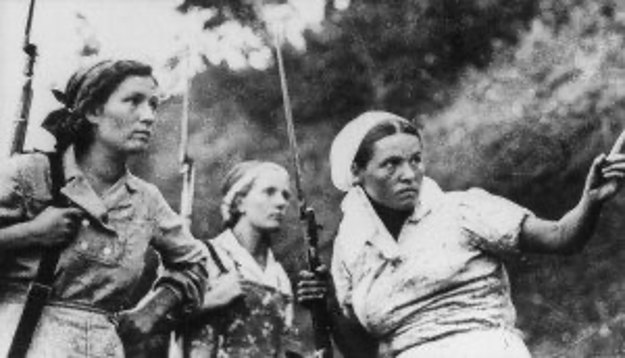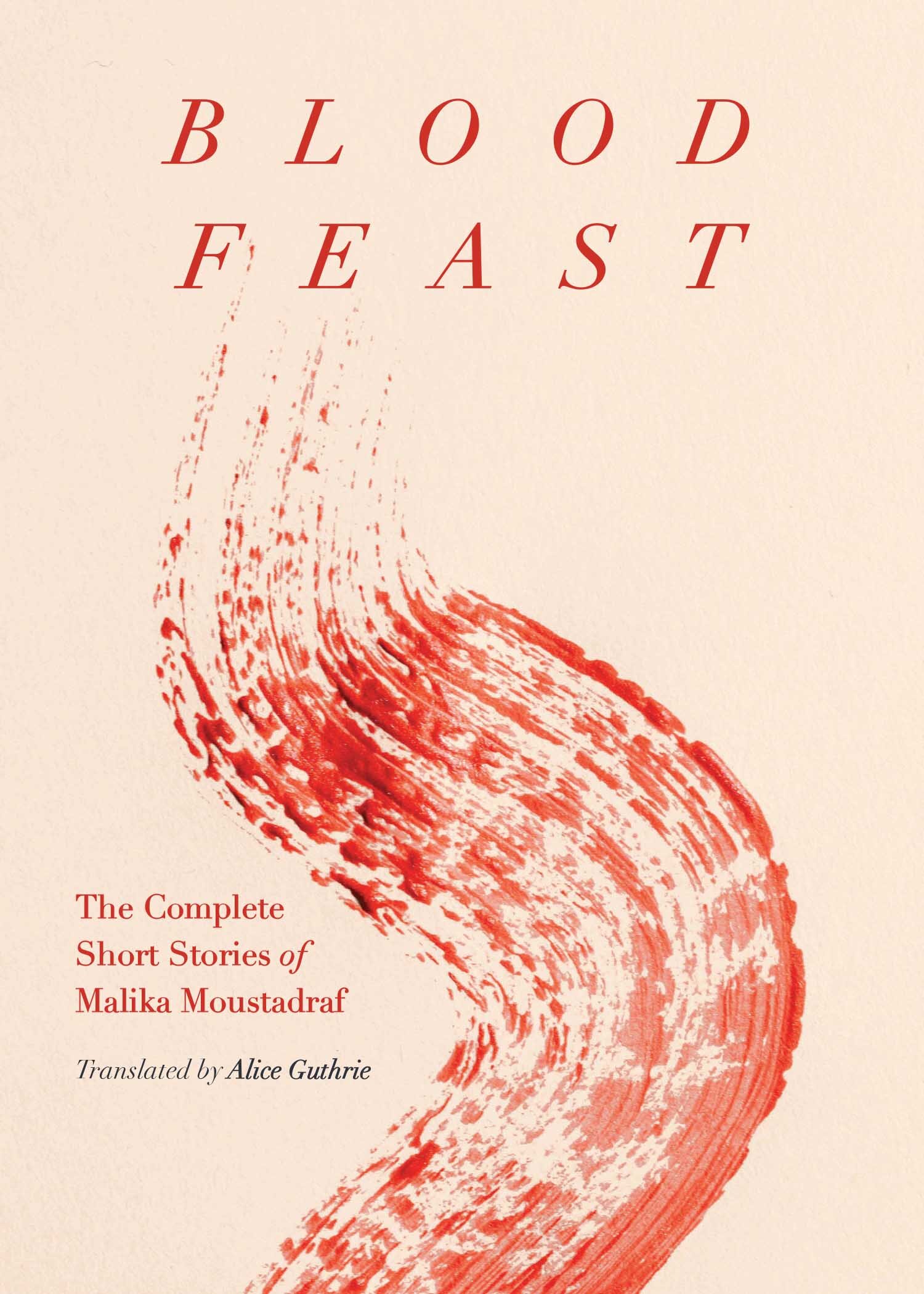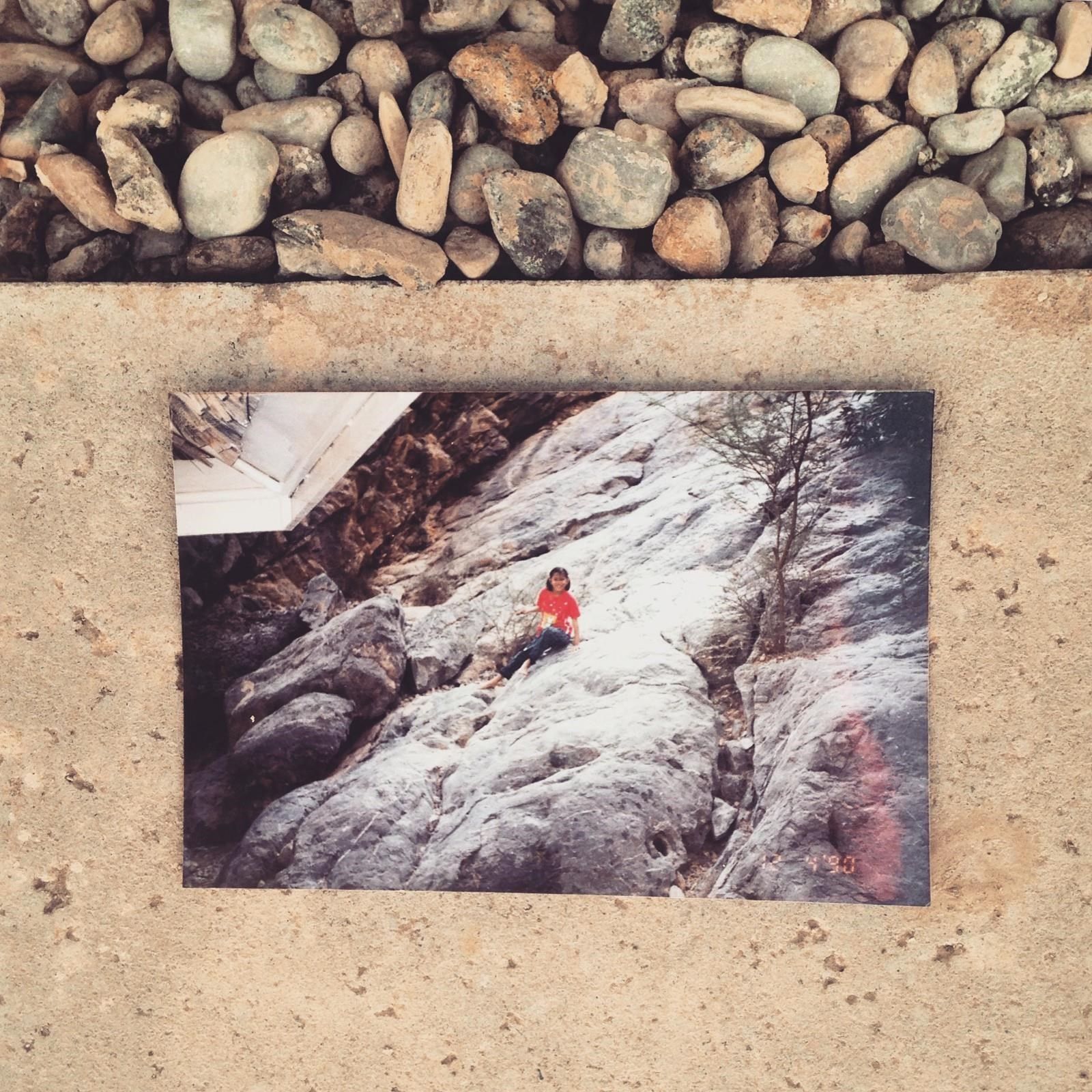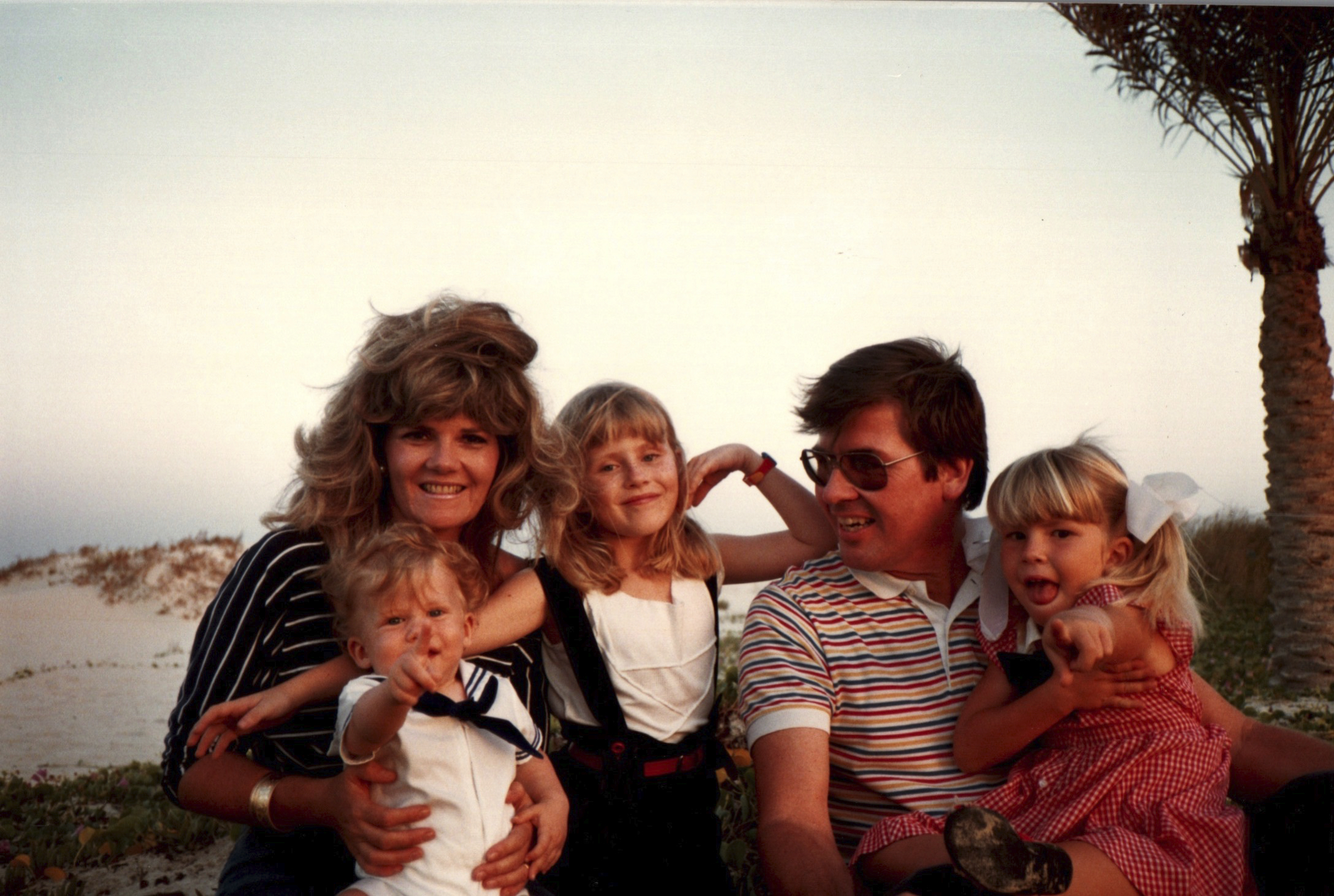BY MONA KAREEM
Sitting on a green couch in what is now a bedbug-infested Brooklyn apartment, I suddenly realized that my flight to meet my family for the first time in five years was actually tonight, not tomorrow; 12:30 a.m., not 12:30 p.m. I had planned to wake up early in the morning, make two cups of coffee, and pack a small bag with the few gifts I managed to buy last minute for my siblings. I thought I had more hours to sit with my heavy feeling, which I assumed to be a mix of excitement and longing, but which was rather a combination of wariness and fear, of things going wrong, of encounters no one can prepare for.
In front of the couch, there was a round coffee table, which I circled around in panic, not sure if I could make it to JFK on time, to Kiev on time, to Tbilisi on time. For months, my sister and I had saved and borrowed so we could have this one-week reunion trip in a country we knew nothing about. A few months after my arrival in the United States, the Kuwaitis had denied my application for passport renewal, subsequently making me an asylee. My family’s attempts to get U.S. visas were repeatedly denied, so we began to make different plans. We called embassies every morning, in the United States and in Kuwait. I asked, “Do you accept a U.S. refugee travel document? How long to issue a visa?” while they asked, “Do you accept a stateless travel document? How long to issue a visa?” The mutually closest country was Georgia, a place Arabs have come to discover in the past few years, this time not as conquerors, but as refugees in transit, hoping to infiltrate Europe from her eastern side.
